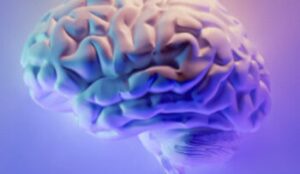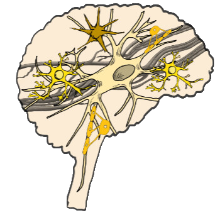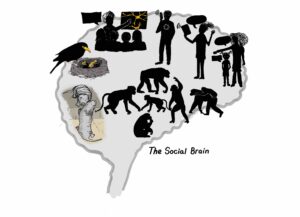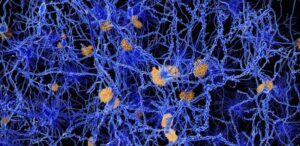
Researchers find that babies don’t begin to process phonetic information reliably until seven months old which they say is too late to form the foundation of language.

26 June 2023 at Christ’s College, Cambridge In June 2023, CSaP organised a Policy Workshop in partnership with the Cambridge Neuroscience Interdisciplinary Research Centre and the Department

An international team has shown that the injection of a type of stem cell into the brains of patients living with progressive multiple sclerosis (MS) is safe, well tolerated and

Cambridge scientists have shown that placing physical constraints on an artificially-intelligent system – in much the same way that the human brain has to develop and operate within physical and

Catch up on CNS 2023: Interdisciplinary Insights on the Future of Dementia Research On September 26th 2023, we welcomed more than 300 delegates to Robinson College for our annual meeting,

Autistic people have higher rates of chronic physical health conditions across the whole body and are more likely to have complex health needs, according to a study led by researchers

Researchers have developed a method to identify new targets for human disease, including neurodegenerative conditions such as Alzheimer’s disease. “The discovery of protein phase separation opens

More than half of patients with auto-immune conditions experience mental health conditions such as depression or anxiety, yet the majority are rarely or never asked in clinic about mental health

Cambridge scientists have shown that the hypothalamus, a key region of the brain involved in controlling appetite, is different in the brains of people who are overweight and people with

Findings may demonstrate a brain and behavioural basis for how nicotine addiction is initiated and then takes hold in early life, say scientists. Levels of grey matter in two parts